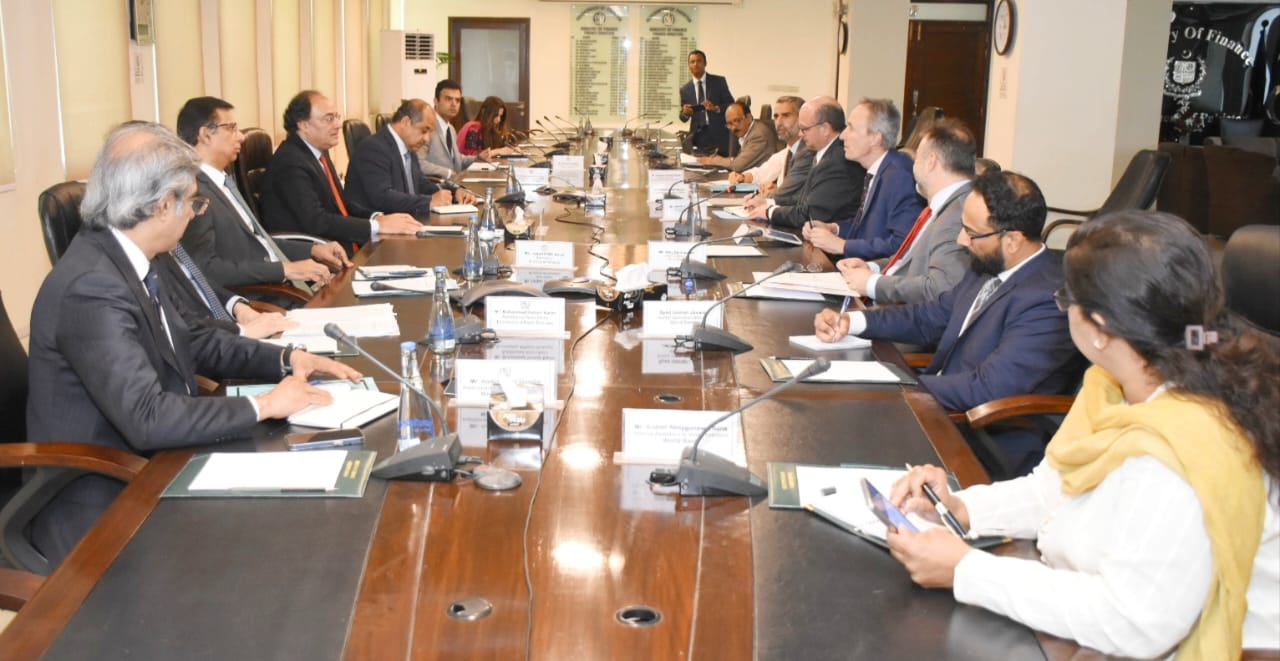The International Monetary Fund (IMF) has advised comprehensive tax policy adjustments, advocating for short-term and long-term reforms, including the imposition of excise duties on non-essential or luxury items such as cigarettes. This initiative aims to bolster revenue streams while simultaneously enhancing public health.
The IMF, a prominent global financial institution, has issued a set of recommendations, drawing praise from health advocates and experts for its emphasis on taxing non-essential commodities like cigarettes. In a bid to align rates and broaden the tax base, the IMF report suggests a focus on harmonizing tax rates across various items, encompassing both locally and foreign manufactured cigarettes, and potentially extending taxation to include e-cigarettes.
Professor Muhammad Zaman, leading the Zaman Research Centre at Quaid-i-Azam University (QAU), underscored the significance of implementing the IMF’s recommendations amidst pressing economic challenges. Referring to the IMF’s Technical Assistance Report titled “Pakistan Tax Policy Diagnostic and Reform Options,” Zaman highlighted a comprehensive study conducted by the Islamabad-based think tank, Capital Calling. This study revealed a notable decrease in cigarette consumption attributed to price hikes. Zaman stressed the necessity of accounting for the societal costs incurred due to smoking-related morbidity and mortality, emphasizing the detrimental health effects of smoking irrespective of the brand.
Zaman also pointed out significant deficiencies within Pakistan’s tax system, particularly within the cigarette industry, which purportedly led to an estimated loss of Rs567 billion over the past seven years, as disclosed by the Sustainable Development Policy Institute (SDPI). The SDPI’s research exposed the inadequacies of the three-tier excise duty structure introduced in 2017, which prioritized revenue collection over public health concerns. Subsequent analysis revealed the ineffectiveness and misleading nature of this approach in revenue generation.
Highlighting global best practices, the SDPI research showcased how high and middle-income countries have successfully leveraged high cigarette taxes to curtail consumption and augment government revenues. However, Pakistan lacks a cohesive strategy in leveraging cigarette taxation and pricing as a public health instrument.
Echoing sentiments from the World Health Organization (WHO), Dr. Hassan Shehzad from the International Islamic University Islamabad (IIUI) stressed the imperative of safeguarding tobacco tax policies from the vested interests of cigarette companies. This, he emphasized, is crucial to ensure the effective development, implementation, and enforcement of public health initiatives.




